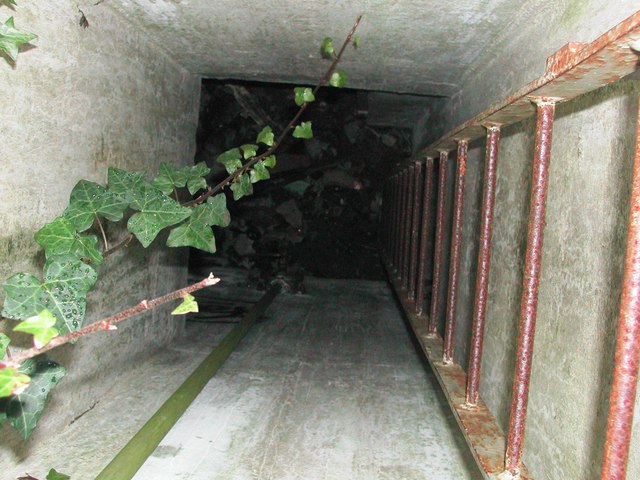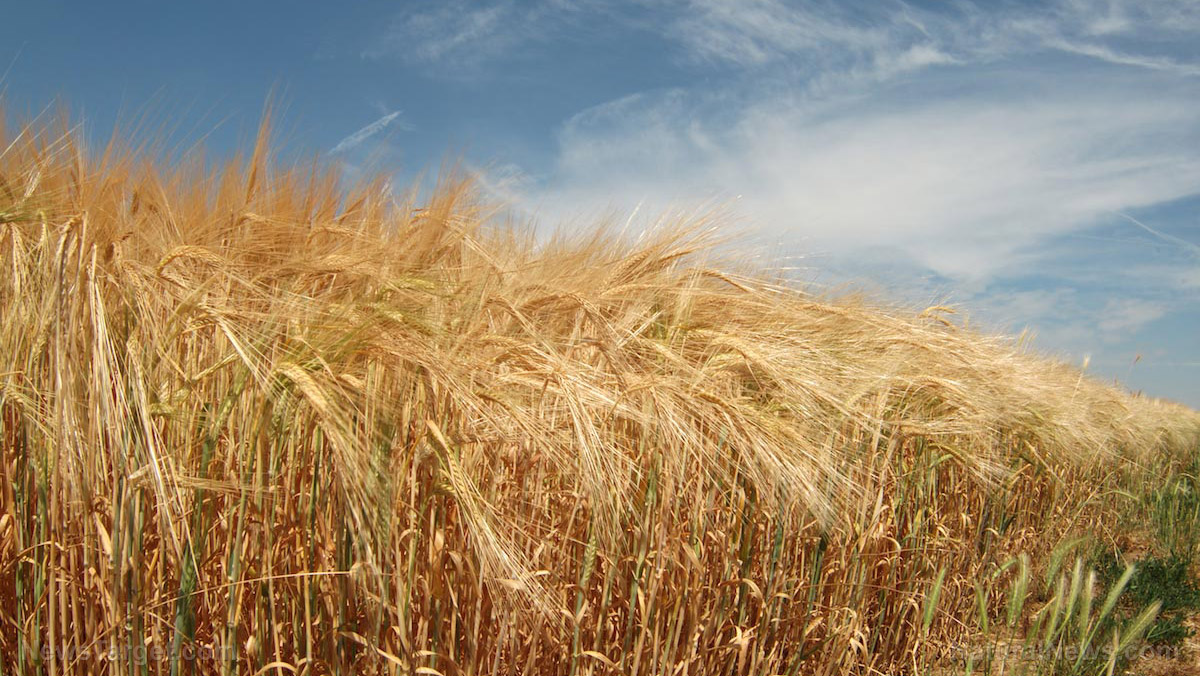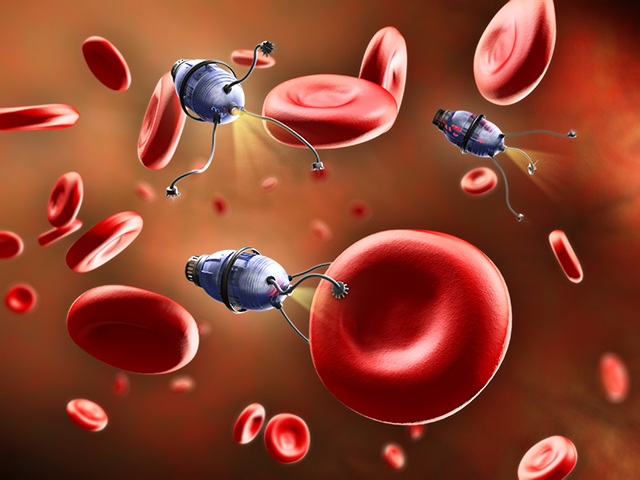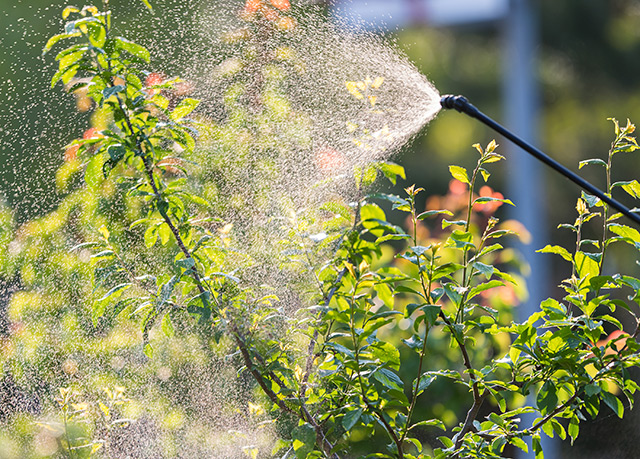FOOD APOCALYPSE: The world has just 10 weeks’ worth of wheat left
05/29/2022 / By Ethan Huff

In less than three weeks, wheat could disappear from store shelves, suggested a food insecurity expert to the United Nations.
Sara Menker, the CEO of agriculture analytics firm Gro Intelligence, told the UN Security Council that before the end of summer, the world’s wheat supplies could dry up – and that the Russia-Ukraine conflict is not necessarily to blame.
Despite it being an easy scapegoat for Western governments and the media, the war has “simply added fuel to a fire that was long burning.” In other words, the global food supply, at least as far as wheat goes, was already in tatters long before Vladimir Putin decided to make his move.
Together, Ukraine and Russia produce nearly one-third of the world’s wheat exports. Ukraine specifically is considered to be the “breadbasket” of Europe, and right now because of the war, it is no longer exporting crops, cooking oils or other commodities.
The longer the war goes on, the longer exports from these two countries will be halted. This spells disaster for North Africa, which imports most of its wheat and other crops from Ukraine and Russia via Black Sea ports, which also remain shuttered.
Bad weather, including extreme drought and flooding, has been chipping away at the global food supply for years
The United States is of course blaming Russia for all of this. U.S. Secretary of State Antony Blinken claims that Russia is holding food “hostage” and using its protectionist measures as a weapon to starve the world.
“The Russian government seems to think that using food as a weapon will help accomplish what its invasion has not – to break the spirit of the Ukrainian people,” Blinken is quoted as saying.
Keep in mind that the U.S. and NATO are the ones that imposed major economic sanctions against Russia, along with the pull-out of major corporations such as McDonald’s, Sephora and IKEA, among many others from Russian territory.
In response, Russia told countries that want its oil and gas resources that they would need to start paying for them in rubles. Russia also cut off exports of key food crops in order to maintain supplies for its own citizens amid the crisis.
The real problem according to Menker is that droughts and other extreme weather events have been eroding the global food supply for years. The situation was only exacerbated by the engineered Wuhan coronavirus (Covid-19) plandemic followed by Russia’s invasion of Ukraine. (Related: Extreme drought conditions in India have led to export bans there as well.)
“We currently only have 10 weeks of global consumption sitting in inventory around the world,” Menker says. “Conditions today are worse than those experienced in 2007 and 2008.”
Estimates from official government agencies all around the world suggest that current wheat inventories are hovering around 33 percent of annual consumption. Models created by Gro Intelligence, however, suggest that the true figure is more like 20 percent, a level not seen since 2007 and 2008.
“It is important to note that the lowest grain inventory levels the world has ever seen are now occurring while access to fertilizers is highly constrained,” Menker adds.
“And drought in wheat growing regions around the world is the most extreme it’s been in over 20 years. Similar inventory concerns also apply to corn and other grains.”
Conditions are only expected to worsen in the coming months, so brace yourselves. It will hit the third world the hardest at first, but the West is not immune to what is coming, which is already in motion and accelerating at an exponential rate with each passing day.
The latest news about all this can be found at FoodCollapse.com.
Sources for this article include:
Submit a correction >>
Tagged Under:
apocalypse, collapse, food, Russia, Ukraine, wheat, wheatpocalypse
This article may contain statements that reflect the opinion of the author
RECENT NEWS & ARTICLES
COPYRIGHT © 2023 Apocalypse.news
All content posted on this site is protected under Free Speech. Apocalypse.news is not responsible for content written by contributing authors. The information on this site is provided for educational and entertainment purposes only. It is not intended as a substitute for professional advice of any kind. Apocalypse.news assumes no responsibility for the use or misuse of this material. All trademarks, registered trademarks and service marks mentioned on this site are the property of their respective owners.
















